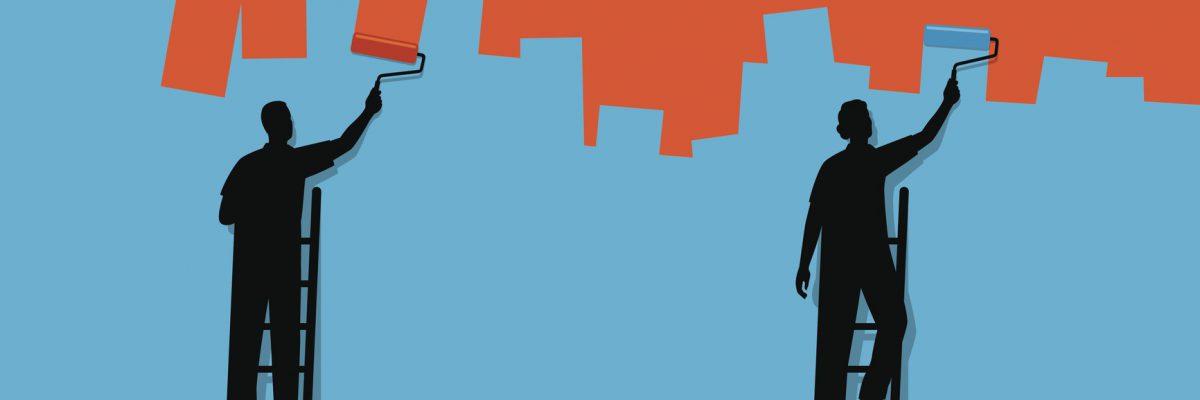
Trying to understand people we disagree with can feel like a lost cause, particularly in contentious political environments. But valuing empathy across party lines can make our political arguments more persuasive.

Poorly designed ballots can prevent voters from understanding, seeing, using, and processing information correctly, which can lead to voting failures that alter the outcome of elections. Applied psychologists and human factors engineers can make a real difference in ensuring that ballots accurately capture voter intent.

APS interviews Michael Wohl on how collective angst can influence collective nostalgia.
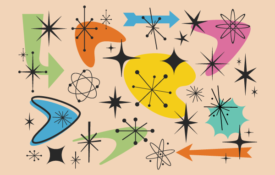
The act of giving can help those in need even as it improves the giver's own well-being.

Individuals on the conservative and liberal ends of the political spectrum may ‘feel’ their feelings somewhat differently when their moral expectations are violated.
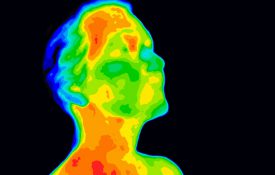
We may perceive those we can trust to disagree with us as having greater integrity than “fence-sitters” who have no strong feelings either way.
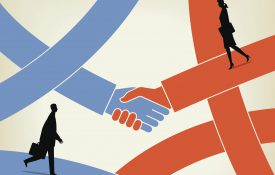
The views expressed by political party leaders can change how individual voters feel about an issue, according to findings from a longitudinal study of voters in New Zealand.

Data from 16,000 individuals in the UK reveal links between early conduct problems and economic and political discontent 25 years later.

Social conservatives are more likely to believe untrue warnings about possible threats than are liberals, two studies show.

People from opposing political parties may agree on the existence and causes of climate change more than they think, a study shows.

People who occupy the extreme ends of the political spectrum may be less influenced by outside information on a simple estimation task than political moderates.
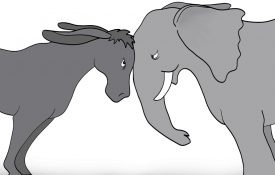
With over a year of campaigning before the general election, voters should be able to tap into lots of information when they make their decisions in the voting booth. But it turns out there’s a lot more going on when we step behind the curtain to cast our ballot.
